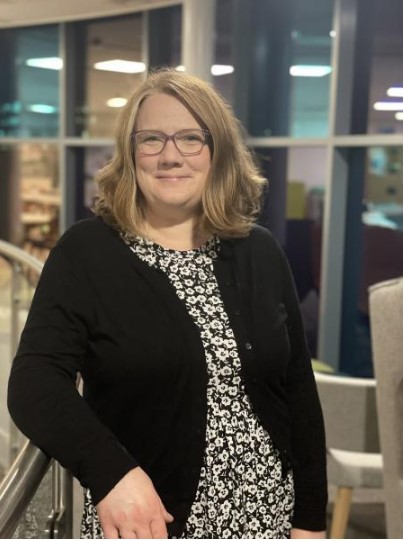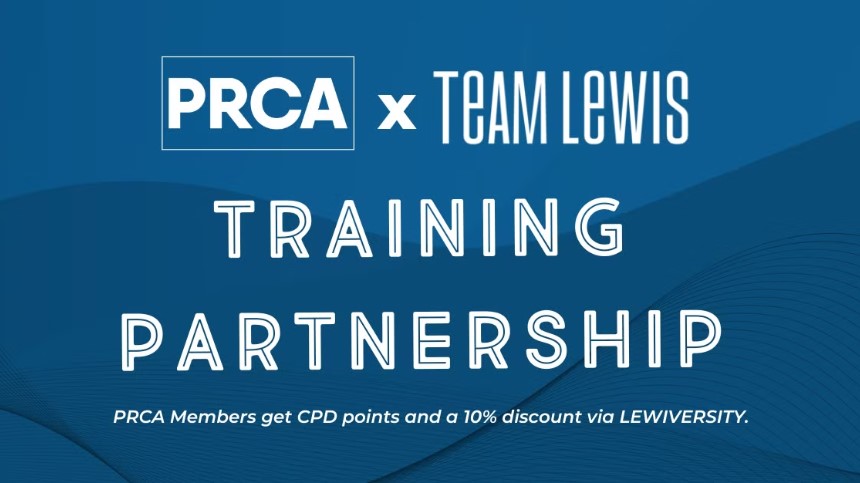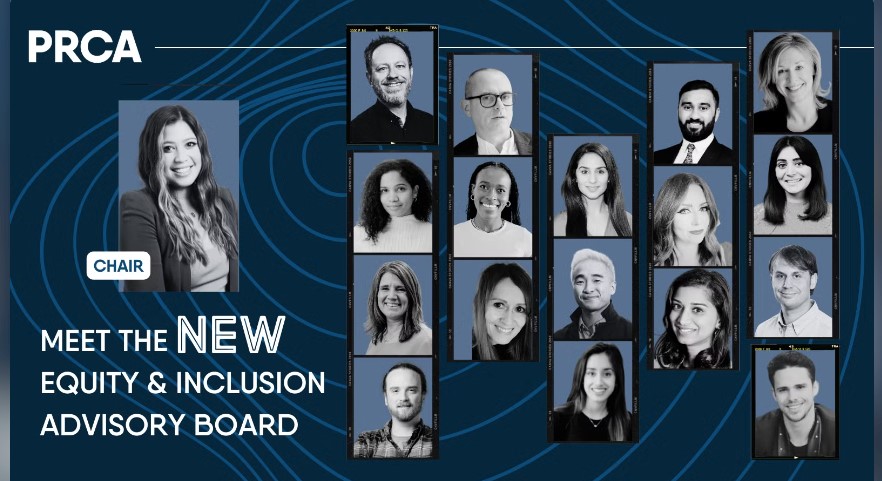In part due to the world turning upside down in 2020, it feels like the phrase ‘flexible working’ is being bandied about more than it’s ever been before.
Whether you’re at the coalface of campaigning for more flexibility, or claiming such freedom is “staggeringly self-defeating” (thanks, James Dyson), it’s become something of a hot topic.
As someone who developed a hidden disability in 2020, I’m absolutely here for more talk of flexible working, and I’m definitely not on Dyson’s side.
I have fibromyalgia (worth a Google if you’ve never heard of it, but basically I get pain, fatigue and brain fog). Flexible working has become vital to me being able to continue my career.
Flexible working can mean different things to different people – sometimes people are just talking about hours, sometimes they’re talking about location or working times.
The ‘flexible as standard’ model we have at Jack & Grace combines all three of those things: we decide, at the start of our employment, how many hours we will work a week; on a week-by-week (or even day-by-day basis), we have the option to choose how we structure those hours (as long as we’re there for key client meetings); and we’re fully remote, so we can work from home, a co-working space, a café, or anywhere that meets our needs.
For me this is the gold standard of flexible working, and as a person with a hidden disability, it’s vital.
Working full time would be too much for my body and so I set my own part time hours when I started with Jack & Grace. It wasn’t an issue. I always attend key meetings, but apart from that I structure my time how I want. I like a bit of routine, but there are times when a fog or extreme tiredness descends, and so yes, I’ve napped in ‘work time’ before. I then do the rest of my hours when I feel better. I firmly believe this works for both me and Jack & Grace. I know my body and if I tried to keep going during those extreme tiredness moments, my employers (and their clients) wouldn’t get the best out of me.
Pushing yourself when you’re tired is bad for people with fibromyalgia and while we may be able to do it short term, we always pay for it, with extra fatigue or pain, or both.
The freedom to change location is vital to me too. This is no longer a body that can spend all day under glaring office lights in an uncomfortable chair. Depending on what’s going on with me, I need all kinds of things to stay well and minimise pain – somewhere soft like a sofa, a heat source for pain, lots of chances to move/stretch/jiggle, and even an acupressure mat. So, I mostly work at home. Sometimes I work in a café or co-working space as I find this is good for focus or a change of scene. The key with fibro is to listen to your body, and fully flexible working makes that genuinely possible.
While obviously there are physical (and by extension mental) benefits to Jack & Grace’s exceptional flexible working model, what I love most is that it applies to everyone, not just me.
The flexible working campaigner Anna Whitehouse summed it up for me when she wrote on Instagram: “It’s not even ‘flexible working’ it’s ‘inclusive working’”. Because the thing about embedding something like flexible working as standard is that people like me don’t feel different or like we’re getting special treatment. We don’t need to ask, as it’s already there.
So while none of my colleagues need to lie down because their brain has turned to mush and nothing makes sense any more, they do work flexibly. They take time off in their day for caring, to exercise, to do life admin, and sometimes to rest. I’m not the only one downing tools on a random Tuesday at 11.45 am. We all work in ways that are best for us as individuals. I’m not special, I’m just one of the team.
It’s probably worth stating an obvious truth here: we can do this as we’re a PR and comms agency, not an emergency service. It’s not vital that we’re all at our desk at any one time. The Jack & Grace model of flexible working isn’t suitable for every industry – but parts of it are. I don’t think there’s a job around that couldn’t be part time, with some willingness to think a little differently (more on that another time). And more jobs than you imagine could be done remotely, or hybrid. Again, our medical personnel and emergency services can’t work from their sofas, but if your job involves staring at a screen a lot, there’s really no need to pack yourself onto a crowded train and nestle into a stranger’s armpit every day.
It’s going to take some time, a lot more campaigning and a lot less listening to people like James Dyson, but in short, I think many others could enjoy flex as much as I do.


